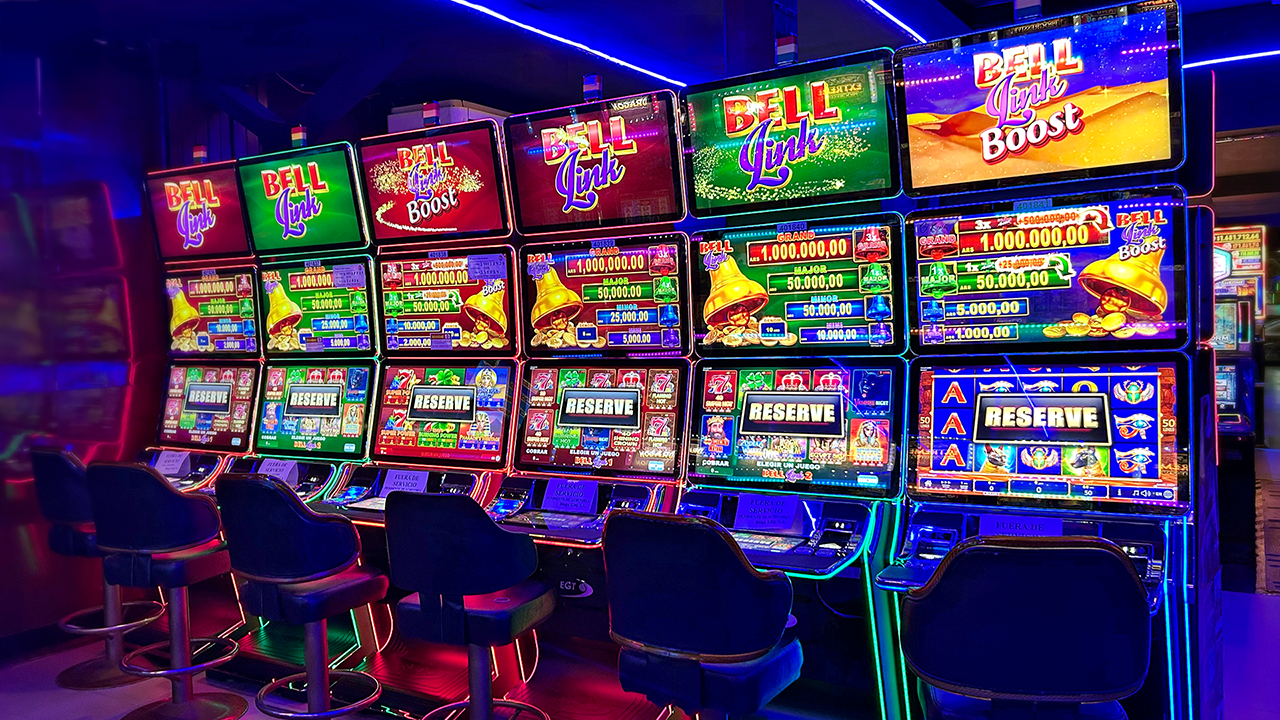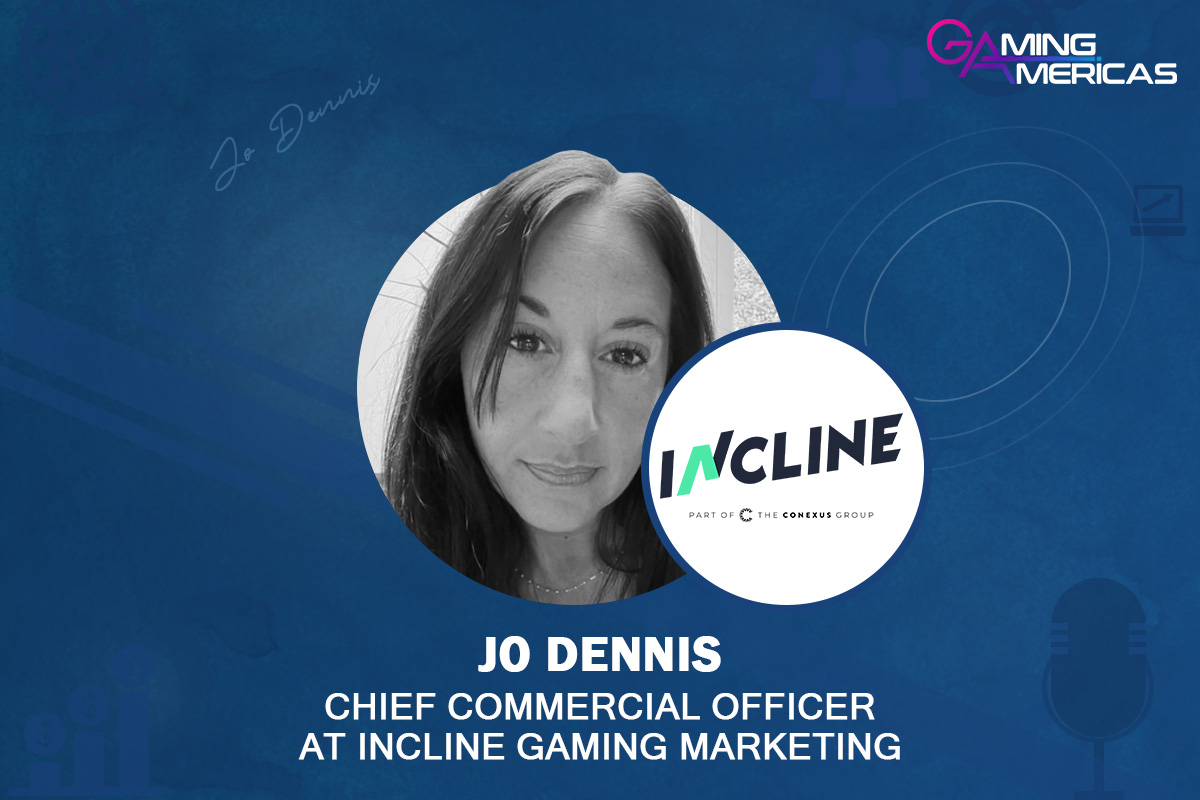
Belatra partners with bplay to strengthen LatAm presence
Belatra Games, the specialist online slots developer, has partnered with LatAm-focused operator bplay to strengthen its presence in the region.bplay is renowned as a pioneer in Argentina’s iGaming industry thanks to an omnichannel strategy that delivers safe, engaging, and seamless entertainment.
Belatra’s games will be integrated into the operator’s casino lobby and will grant bplay’s players instant access to an extensive suite of content. Games within Belatra’s collection include Blast the Bass, Cyber Gypsies, Bears Tricks and recently released Voodoo Coins.
Lucila M. Barletta, Belatra Games’ Head of Accounts LatAm commented: “Partnering with bplay exemplifies our commitment to delivering exceptional player experiences in key Latin American markets. bplay is a force in the region, and we’re looking forward to a long and successful collaboration.”
Leopoldo Saravi, Gerente Producto, bplay: “Belatra is brilliant at producing engaging content that instantly connects with LatAm players. Bringing its extensive portfolio of games onto our platform ensures we continue to meet the evolving needs of our knowledgeable audience.”









